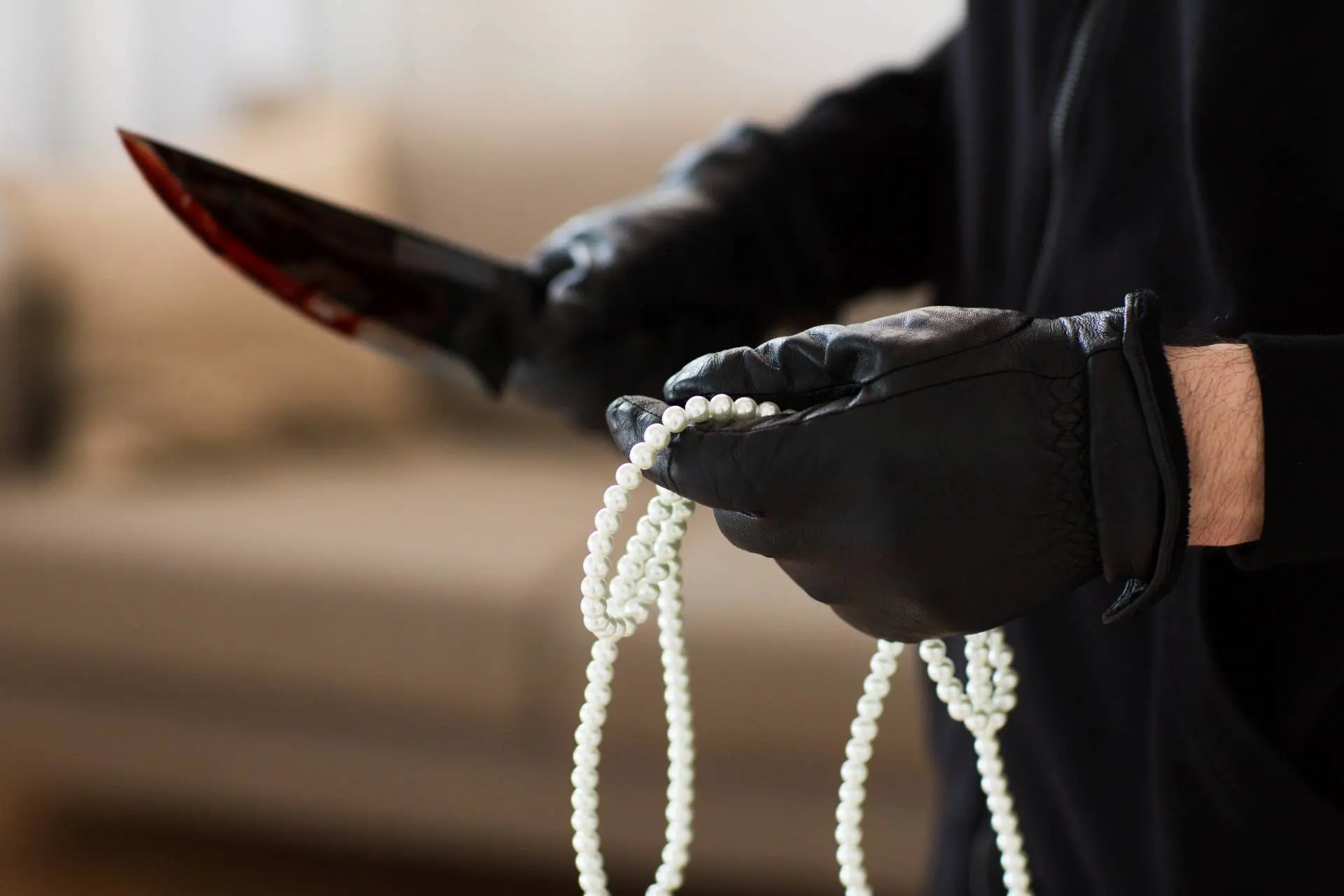When someone is charged with a felony crime in Virginia, they may not understand that there are several types of felonies. All of them are serious, but some have more severe outcomes if convicted than others. None of them should be taken lightly. Here’s what you need to know.
What Are the Different Classes of Felonies in Virginia?
Generally, there are two types of crimes, misdemeanors and felonies. Misdemeanors are less significant than felonies and usually have more minor outcomes. Virginia law specifies six classes of felonies, with class 1 felonies being the most serious.
Some crimes may be charged under different classes because of certain circumstances, such as the severity of the crime or whether or not the crime was intentional:
- Class 6 felonies: This class includes soliciting prostitution from a minor aged 16 years or older, credit card fraud of a minimum of $500, multiple domestic violence convictions, and strangulation. This class is sometimes called a “wobbler,” which means that the case could be charged as a felony or a misdemeanor depending on the facts in the case or if the judge determines one way or the other.
- Potential outcomes for class 6 felony convictions: Between 1-5 years in prison or, if required by the judge or jury, jail of up to one year and a fine of up to $2,500.
- Class 5 felonies: This class includes voluntary or involuntary manslaughter, soliciting prostitution of someone under the age of 16, credit card forgery, computer fraud of $500 or more, or extortion. Class 5 felonies are also considered wobblers.
- Potential outcomes for class 5 felony convictions: Between 1-10 years in prison or, if required by the judge or jury, jail of up to one year and a fine of up to $2,500.
- Class 4 felonies: This class includes human trafficking, child abuse, shooting at a vehicle, arson in an unoccupied building, bigamy, forging public records, kidnapping, embezzlement, or possession of a sawed-off shotgun.
- Potential outcomes for class 4 felony convictions: Between 2-10 years in prison and a fine of up to $100,000.
- Class 3 felonies: This class includes burglary, attempted poisoning, or stabbing or shooting someone intending to maim or kill them.
- Potential outcomes for class 3 felony convictions: Between 5-20 years in prison and a fine of up to $100,000.
- Class 2 felonies: This class includes abduction to extort money, burglary with a deadly weapon, aggravated malicious wounding, acts of terrorism, arson, and deliberate and willful murders that don’t qualify as capital murders.
- Potential outcomes for class 2 felony convictions: Twenty years to life in prison and a fine of up to $100,000.
- Class 1 felonies: This class, the most serious of all the felonies, includes capital murder or the sexual abuse of someone under the age of 15.
- Potential outcomes for class 1 felony convictions: Life in prison without the possibility of parole and a fine of up to $100,000.
Does Virginia Use the Death Penalty?
Not anymore. Until 2021, Virginia had the option of sentencing the death penalty to those convicted of class 1 felonies. But in 2021, the governor signed a bill abolishing the death penalty into law. Now the maximum penalty for a class 1 felony conviction is life in prison without the possibility of parole and a fine of up to $100,000.
Because the outcomes of class 1 felonies (or any felonies) are still significant, it’s highly advisable to work with an experienced criminal defense attorney when someone has been charged with a felony.
Are There Other Consequences of Being Convicted of a Felony in Virginia?
There are many potential additional consequences. Someone with a felony conviction on their record can be turned down for jobs or housing because those records are usually searched when someone applies for a job or for rental housing. Those convicted of felonies can also be ineligible for various state licenses required for different careers, and they can be restricted from things such as voting, serving on a jury, or owning firearms.
Is It Possible to Have Felony Convictions Expunged from Records in Virginia?
Generally, the only times someone could have their felony convictions expunged from their records is if they were later found not guilty of the crime, the charges were dismissed, or the Commonwealth of Virginia withdrew the charges.
However, starting in 2025, new laws will allow felony conviction records to be sealed under certain circumstances. Some class 5 and 6 felonies will be eligible to be sealed unless they’re DUI manslaughter or maiming or assault or battery against a family or household member. The person applying to have class 5 or 6 felonies sealed must never have been convicted of a class 1 or 2 felony at any point; never have been convicted of a class 3 or 4 felony for 20 years prior; or been convicted of any felony within 10 years. Ten years must have passed before someone can apply to have the record sealed.
What Should I Do if I’m Charged with a Felony in Virginia?
Contact Scott Nolan Criminal Defense as soon as possible to request a free case evaluation. Being charged with a felony is a serious situation. If convicted, it can have life-changing consequences. It’s best to work with an experienced, knowledgeable criminal defense attorney who understands the nuances of felony laws and can help you determine the best approach to your specific case.



